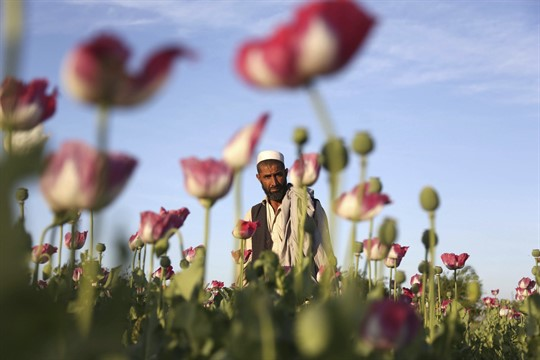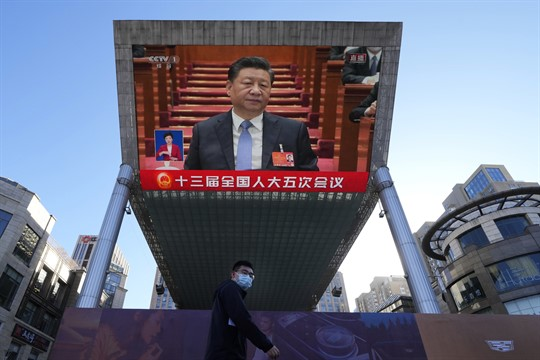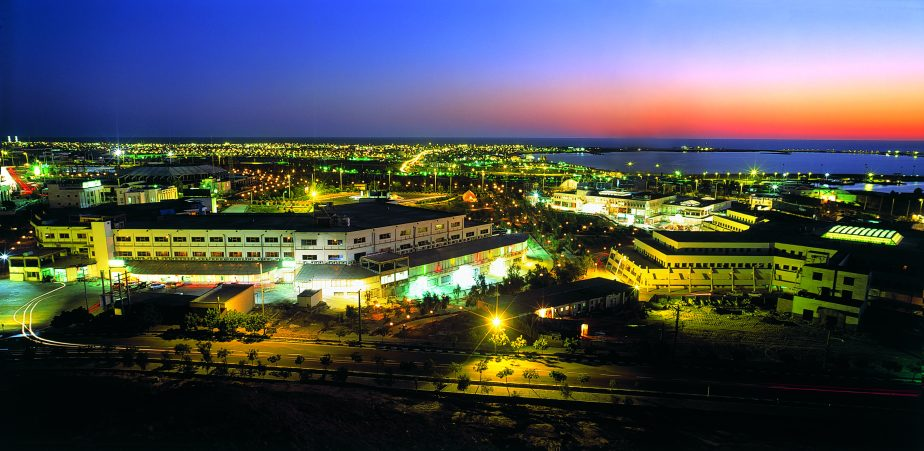The Taliban Will Have Trouble Reining in Afghanistan’s Opium Economy

In the aftermath of the Taliban’s takeover of Afghanistan, a great deal of attention has been given to the causes and consequences of the failed intra-Afghan peace process, the factors leading to the collapse of the Afghan military and the role played by pervasive corruption at the highest levels of the country’s internationally backed government.






